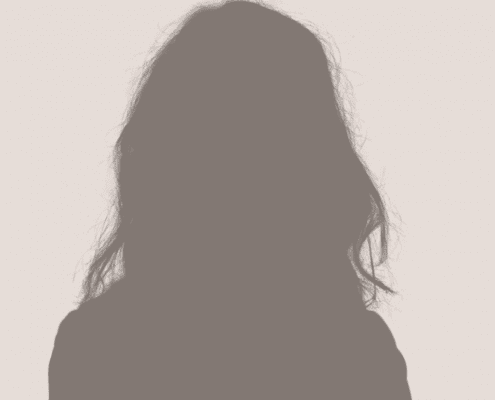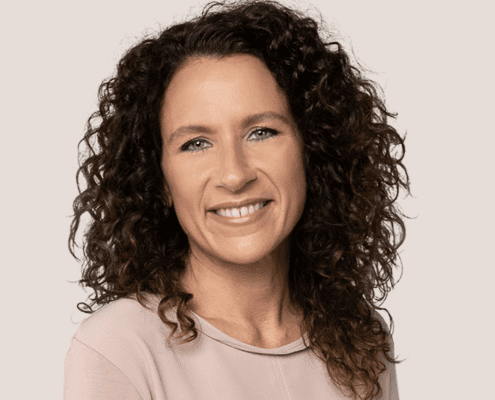 https://www.amsterdam-psycholoog.nl/wp-content/uploads/2020/04/Voornaam-Achternaam.jpg
1000
1000
admin
https://www.amsterdam-psycholoog.nl/wp-content/uploads/2019/11/Psychologen-amsterdam-logo.png
admin2025-03-06 09:05:412025-03-07 07:25:50Dirkje van den Boogaard
https://www.amsterdam-psycholoog.nl/wp-content/uploads/2020/04/Voornaam-Achternaam.jpg
1000
1000
admin
https://www.amsterdam-psycholoog.nl/wp-content/uploads/2019/11/Psychologen-amsterdam-logo.png
admin2025-03-06 09:05:412025-03-07 07:25:50Dirkje van den BoogaardAbout Obsessive-Compulsive Disorder
Are you already in bed, but you feel the need to get up and check if the gas is turned off? Or are you already in your car but still go back to make sure the door is locked, even though you know everything is fine? Many people experience moments like these, but that doesn’t necessarily mean they have obsessive-compulsive symptoms.
When these thoughts or behaviors take up a significant part of your day and interfere with your ability to function normally, you may be dealing with Obsessive-Compulsive Disorder (OCD).
OCD is characterized by recurring, persistent thoughts (obsessions) and/or repetitive behaviors (compulsions) that you feel compelled to perform to reduce anxiety or unpleasent feeling. Even though people with OCD are often aware that their thoughts or behaviors are excessive or irrational, they find it difficult to stop.
OCD is classified as an anxiety disorder.
What are the characteristics of OCD?
The main characteristics of OCD are:
1. Obsessions: unwanted, repetitive thoughts or images that cause anxiety or discomfort. These thoughts are often irrational but feel very real. For exemple: constantly worrying about germs or contamination, persistent doubts about safety, fear of losing important items or forgetting something crucial. You don’t want to have these thoughts, but they keep coming back.
2. Compulsions: repetitive behaviors or rituals that you feel you must perform in a specific way to reduce anxiety caused by obsessions. For example, people with OCD may endlessly check, clean, count, or follow certain routines to reassure themselves.
3. Awareness and impact: you often realize your thoughts or behaviors are irrational, but you have no control over them and cannot stop them. This can significantly interfere with your daily life.
People with OCD perform compulsions to reduce anxiety or worry. If they are unable to complete their rituals correctly, they fear something bad will happen. In some cases, they may ask family members or housemates to participate in these rituals, such as frequent cleaning, tidying, or repeating routines.
Having obsessive thoughts and compulsive behaviors can be time-consuming and exhausting, leaving little room for daily activities or social interactions. This can lead to isolation, shame, and a negative self-image. OCD can also affect work or school performance, making it difficult to concentrate or keep up with responsibilities. In some cases this may mean that you have to stop working or studying (temporarily)..
Examples of compulsive behaviors
1. Checking
You have a strong urge to repeatedly check things, such as:
• Are all doors and windows locked (fear of burglary)?
• Is the gas turned off (fear of fire)?
• Are all taps closed (fear of flooding)?
• Are electrical devices unplugged (fear of a short circuit)?
Even though you know your fears are exaggerated, you cannot stop checking. You may check something ten times but still doubt whether you did it correctly.
2. Fear of Contamination (Germophobia)
With Fear of Contamination, you have an extreme fear of dirt, bacteria or contamination. You constantly check whether something is dirty or not. This can lead to obsessive hand washing, cleaning everything or avoiding certain places, people or objects. For example: you prefer not to shake hands for fear of bacteria, and if you cannot avoid shaking hands, you immediately wash your hands afterwards.
3. Need for Symmetry and Order
This is about an obsessive need for order, symmetry and precision. Everything has to lie or stand in a certain way or has to be organised according to strict rules. For example: someone feels the need to always arrange all books perfectly straight and in a specific order. Or all clothes are always stacked in a certain way and neatly in the wardrobe.
4. Hoarding (Compulsive Collecting)
If you collect one specific object (such as stamps or DVDs), you are a collector and do not have hoarding disorder. People with hoarding have great difficulty throwing away all kinds of things, even if they are no longer usable and have no value. Getting rid of these things can cause a lot of tension or anxiety and in extreme cases can lead to domestic nuisance (there is no longer any livable space and it is no longer possible to clean the house).
What causes OCD?
There is no single cause of OCD; it is likely due to a combination of factors:
Genetics
If OCD runs in your family, you may have a higher risk of developing this disorder.
Negative experiences
Traumatic experiences or stressful events, particularly in childhood, can increase the risk of developing OCD. Examples include the death of a parent, neglect, abuse or bullying.
Personal characteristics
Certain personal characteristics can make someone more vulnerable to an obsessive-compulsive disorder, such as a strong need to control everything, perfectionism, or high levels of anxiety.
Treatment for OCD
In general, an obsessive-compulsive disorder is treatable. The goal of the therapy is that you deal with your obsessive thoughts in a different way, that you gain control over your compulsive actions and that you no longer avoid certain situations, places or people. The ultimate goal is that you can function better in daily life and that your well-being improves.
Please read also our OCD treatment page if you would like to know how we can help you with your obsessions and compulsions.
Contact Psychologen Amsterdam
Do you recognize your symptoms and do you need help or do you just have a question about the treatment of your OCD? Then call for an appointment or send a message to Psychologen Amsterdam.
Our specialists in the field of Obsessive-Compulsive Disorder
What do we offer?
A safe and trusted place for therapy in Amsterdam
A warm welcome from our founder Anouk Taytelbaum.
We are here to help you.
What do we offer?
A safe and trusted place for therapy in Amsterdam
A warm welcome from our founder Anouk Taytelbaum.
We are here to help you.
Insurance cover
What do you have to pay?
No waiting list
We offer direct availability
Blended Care
Our effective eHealth approach!
System therapy:
relationship and family therapy
Anger & misunderstanding? Sometimes you are so stuck in negative patterns that you can’t work it out together anymore
Insurance cover
What do you have to pay?
No waiting list
We offer direct availability
Blended Care
Our effective eHealth approach!
Are you here for the first time?
We show you step by step how we work
System therapy:
relationship and family therapy
Anger & misunderstanding? Sometimes you are so stuck in negative patterns that you can’t work it out together anymore
Klanten vertellen
Client reviews
Zorgkaart NL
Experiences clients
News
Articles, movies and news
Qualifications
Our healthcare professionals are trained in Hollands most respected counselling institutions with years of experience in the GGZ, private and charitable sectors in and around Amsterdam. In addition, they are continuously trained and retrained, which is also an obligation to keep their registrations and memberships with various professional associations.


































